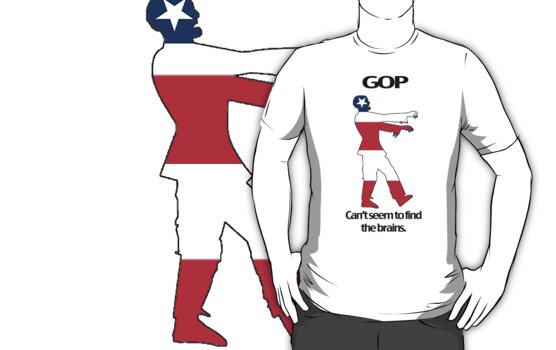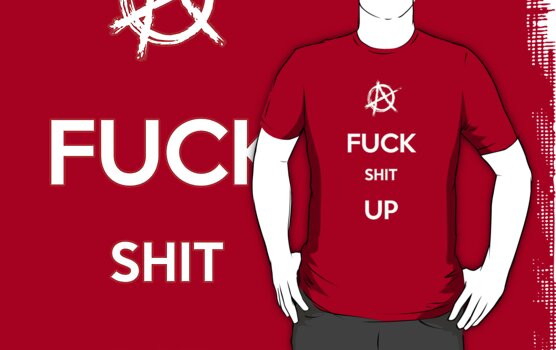Why the Flat Tax is an idea that sucks donkey balls. In a bad way, if that wasn’t clear.
A flat tax is the idea of taxing incomes at a flat percentage. In essence, those making $20,000/yr and those making $200,000,000 a year pay the exact same percentage of their income.
Here’s what’s wrong with a flat tax.
a) it puts a disproportionate amount of the cost of running a country on the shoulders of those least able to afford it,
b) it discourages consumption which, like it or not, is what actually drives our capitalist production-based economy.
Regarding a: “How is it disproportionate? It’s the same percentage for both the highest and lowest taxed incomes.”
A reasonable question to ask. Here’s why: because the costs of living are not proportionate to income. The costs of living are relatively fixed.
The costs of water, food, shelter, and medicine don’t increase due to income. So, all other things being equal, someone paying a flat tax in a lower bracket will have a much larger portion of their income taken up by these costs than someone in a higher taxed bracket.
Even further, not just survival but nearly all other costs important to life and its improvement don’t rise 1 to 1 with increased income. They remain also relatively fixed. College and post-grad tuition costs can crush the poor or middle class, and be less than a rounding error to the very rich. Same for transportation, doctors, court costs, and on and on. These are relatively fixed costs, regardless of the tax bracket paying them.
So, because the amount of money needed to live and thrive does not rise in a 1 to 1 ratio with income, a flat tax disproportionately harms the lowest tax-paying bracket in favor of the higher tax-paying brackets. It leaves the lower tax-paying brackets with disproportionately less resources to improve their lot in life, after they’ve paid what they need for their survival.
This is especially clear if the flat tax was instituted in a blunt fashion, where for example %15 is taken from any income after expenses. But this remains true even if a tax on only “disposable” income, after living expenses, is put in place. The lowest paying brackets have less to save for unwanted emergencies, general investing, better schools, or any other “optional” spending necessary to improve one’s lot in life.
Now, the other extreme from a flat tax would be to tax the highest income earners until they have the exact same amount of disposable income as the lowest. But that would be unfair as well as bad for the economy. It would utterly discourage any incentive to work harder, and it would reward success and failure equally poorly.
So the best solution, as has worked for every first-world democracy throughout the 20th century, is a progressive income tax that distributes the burden of paying for government resources in an equitable and adjustable fashion.
Regarding b: “How does it discourage consumption? People in the highest income brackets buy things too. “
This is true. But those at the highest income brackets don’t have to spend money to live. They can save it, invest it overseas, or if they want just pile it up in bricks.
That right there is why supply-side economics, AKA Reaganomics, AKA Voodoo Economics, simply does not work. And never actually has.
Whereas when the lower tax-paying brackets receive money, they must spend it to keep going. So giving them more money to spend is not only beneficial to the least wealthy, its beneficial to the entire economy.
This is known as Keynesian economics, AKA demand-side economics. It is what the overwhelming majority of economists and economic historians agree got us out of the hole of the Great Depression. It is also what contributed mightily to the 1990’s economic boom.
Also regarding b: “But giving more money to the highest income brackets gives them more money to hire people.”
Okay. But why would they hire more people? They wouldn’t do it just because they can.
The only compelling reason for a business to hire people is to make more money. What makes businesses more money is more demand for their products. What makes this increased demand possible is more people with money to buy them.
And the overwhelming amount of products and services in our economy are aimed at and bought by the poor and middle class.
So just giving the highest income tax brackets more money doesn’t necessarily result in more hiring. Those who want to keep businesses running will only spend money if they think it will make them more money. And the only thing that makes businesses more money is more demand for their products.
To sum up
A flat tax doesn’t work morally because it is puts too much of the burden on the lowest tax-paying brackets; it doesn’t work pragmatically because it lowers consumption and inhibits the economy; and no first-world nation does it.
But besides those reasons, a flat tax is a great idea.




